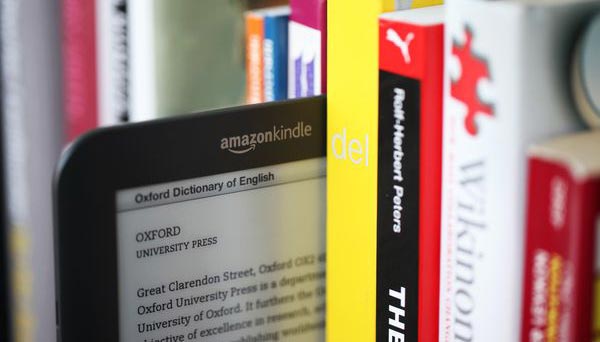Studies into the impact of digitisation on the reading experience have indicated that what is read in e-books is "significantly" less well absorbed than the same information read from a traditional paper book. In the most recent study it was found that the plot reconstruction ability of an e-book reading subject was most at fault - when the readers were asked to recall story events in the correct order.
The Guardian reports that this latest research paper is the result of a comprehension study of 50 readers, all of whom were given a short 28-page story by Elizabeth George to read. Half of the subjects read the e-book on an Amazon Kindle and the other half read through a paperback. After their reading, the subjects were tested on various aspects of the story.

Lead researcher Anne Mangen, of Norway's Stavanger University, already expected differences as a previous iPad reading study had found digital readers were less immersed and had lower character empathy than traditional book readers. However in the latest Kindle study most of the test results were similar to the traditional book levels except for a "significant" difference in the ability to reconstruct the story chronologically. The reader test involving Elizabeth George's short story was to place 14 events from the story in the correct order.
Tactile sense of progress
Pondering the results the researchers believe that the disparity comes from the different physical experience of leafing through a book on the Kindle. The e-book reader device's haptic feedback isn't a match for the paperback and those feelings are used by the human mind to reconstruct what was read "you can sense with your fingers a pile of pages on the left growing, and shrinking on the right… you have the tactile sense of progress," explained Mangen.
Last year Mangen tested 72 school students, who had to read either a printed document or a computer screen displayed PDF, on their comprehension levels. In those tests "students who read texts in print scored significantly better on the reading comprehension test than students who read the texts digitally." This type of research could be used by publishers to target the best device/or printed paper for their works and perhaps for device makers to help make their e-book reader hardware improved in comparison to paper.













